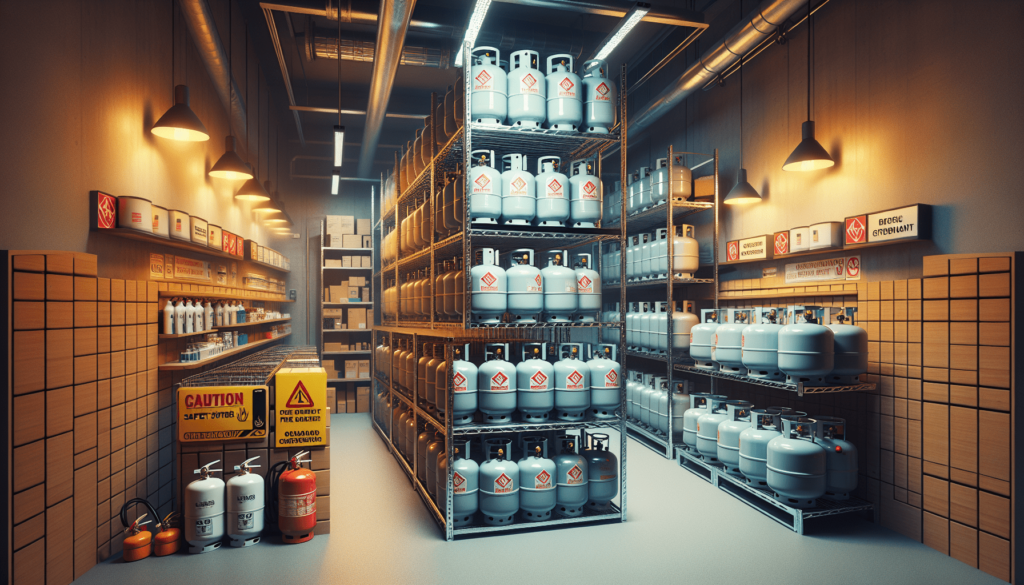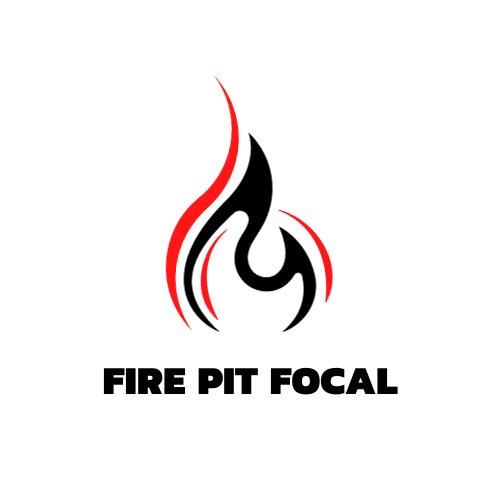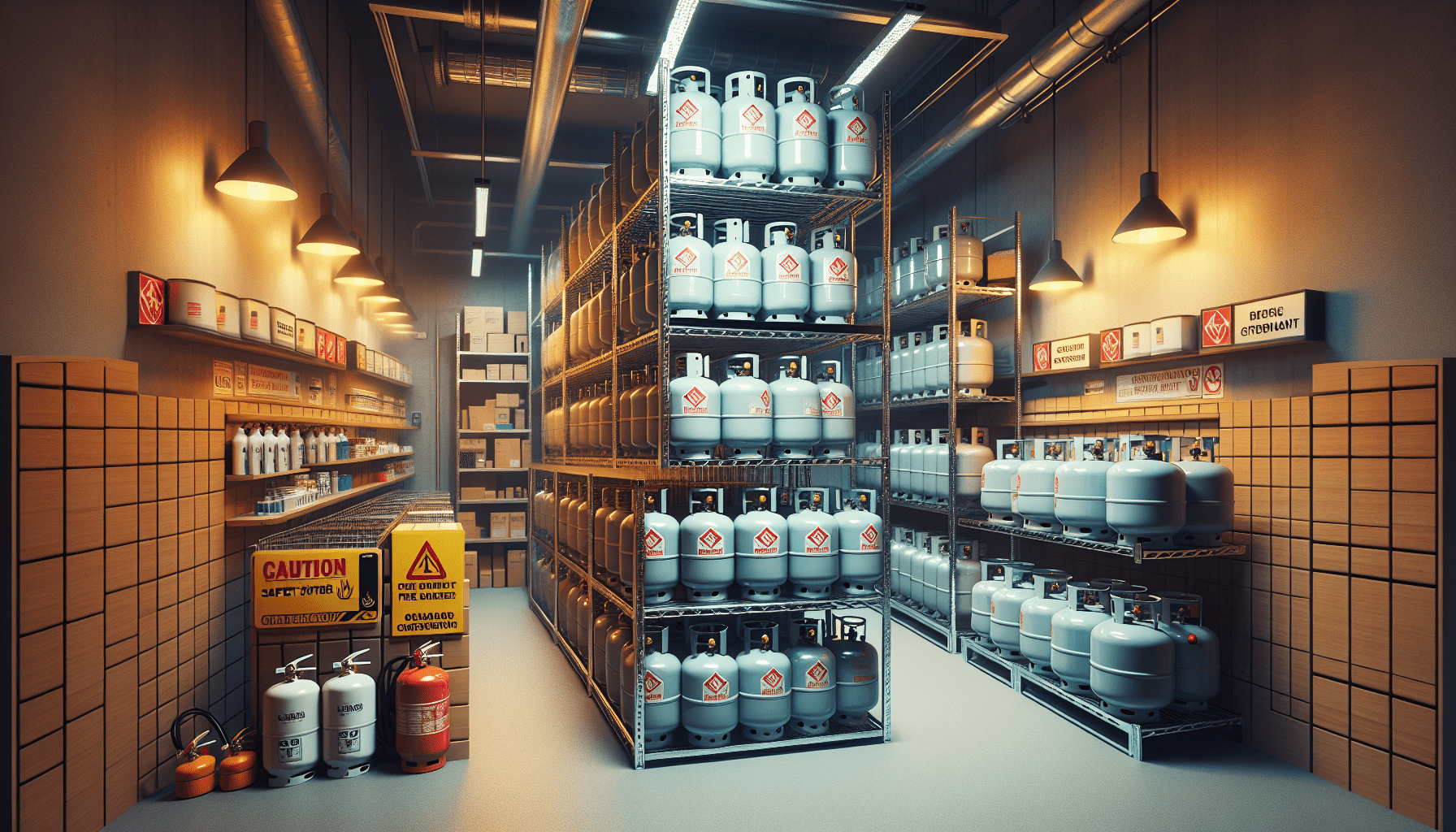If you own a fire pit and rely on propane tanks for fuel, knowing the best practices for storing these tanks is essential for maintaining safety and prolonging their lifespan. storing propane tanks may seem like a simple task, but it’s important to understand the proper techniques to ensure a secure and hazard-free environment. In this article, we will explore some key tips and guidelines to help you store your propane tanks safely, so you can enjoy your fire pit without any worries.
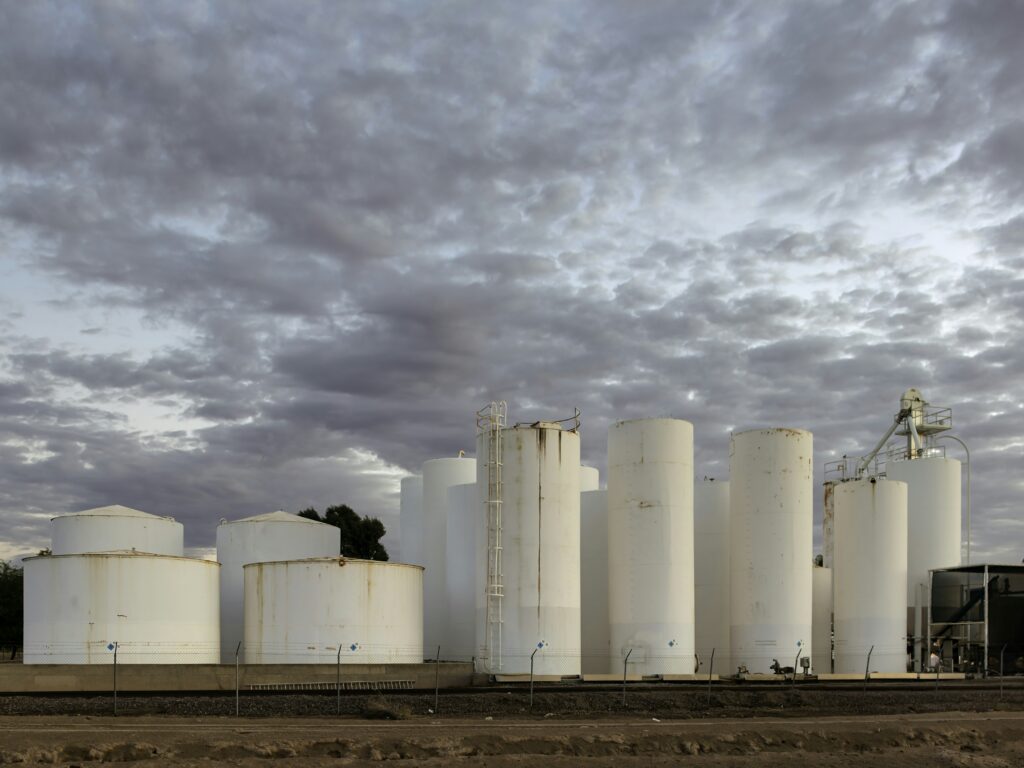
Choosing the Right Location for Storing Propane Tanks
Considering Fire Safety Precautions
When it comes to storing propane tanks for your fire pit, one of the most important factors to consider is fire safety. You need to ensure that the location you choose for storage is safe and compliant with fire safety regulations. Avoid storing propane tanks near any potential sources of ignition, such as open flames, electrical outlets, or heat sources. It is always recommended to keep a safe distance between the propane tanks and any flammable materials or structures.
Selecting an Appropriate Storage Space
The next step in choosing the right location for storing propane tanks is to find an appropriate storage space. Ideally, this space should be well-ventilated, dry, and secure. A well-ventilated area helps prevent the buildup of flammable gases, ensuring the safety of the tanks. Moreover, it is crucial to have a space that is protected from the elements, as exposure to extreme temperatures can negatively impact the tanks.
Protecting Tanks from Extreme Temperatures
Propane tanks are sensitive to extreme temperatures. Therefore, it is essential to protect them from excessive heat or cold. Extreme heat can cause the pressure inside the tanks to rise, leading to potential leaks or even explosions. On the other hand, extreme cold temperatures can result in a decrease in pressure, affecting the performance of the tanks. Choose a storage location that can shield the tanks from extreme temperature fluctuations to ensure their safety and longevity.
Proper Handling and Transportation of Propane Tanks
Securing the Tanks during Transportation
If you need to transport propane tanks, it is crucial to ensure that they are securely fastened during transportation. Unsecured tanks can pose a significant risk, as they may shift or tip over, potentially causing leaks or damage. Use sturdy straps or restraints to secure the tanks in an upright position within your vehicle or trailer. This will prevent any movement and ensure the safety of both yourself and other road users.
Using a Protective Cover While Handling
When handling propane tanks, it is important to protect them from scratches, dents, or any other damages that could compromise their integrity. Using a protective cover, such as a durable canvas or plastic cover, can provide an extra layer of security during handling. The cover will shield the tanks from potential impacts and reduce the risk of accidents or leaks. Always remember to remove the cover before using the tanks to allow for proper ventilation.
Avoiding Rough Handling
Propane tanks should be handled with care and avoid any rough or careless handling. Dropping, throwing, or mishandling the tanks can result in dents or other damages that may weaken their structure and integrity. Always lift and carry propane tanks using proper lifting techniques, such as gripping the tank firmly and using your legs to support the weight. By avoiding rough handling, you can ensure the tanks remain in good condition and minimize the risk of accidents.
Maintaining Ventilation and Air Circulation
Avoiding Enclosed Spaces for Storage
When it comes to storing propane tanks, it is crucial to avoid enclosed spaces. Propane is heavier than air and can collect in low-lying areas, posing the risk of combustion or explosion. Storing tanks in a well-ventilated area ensures that any leaked gas will disperse quickly and reduces the chance of flammable gas buildup. Never store propane tanks in basements, crawlspaces, or any other confined spaces that lack proper ventilation.
Providing Adequate Ventilation
Proper ventilation is essential for the safe storage of propane tanks. When selecting a storage location, ensure that there are vents or openings that allow fresh air to circulate. Ventilation helps prevent the accumulation of flammable gases and promotes the dissipation of any leaked propane. Moreover, it helps regulate temperature and humidity levels, further protecting the tanks from damage. Adequate ventilation is a crucial aspect of maintaining a safe storage environment for propane tanks.
Checking for Proper Air Circulation
In addition to providing ventilation, it is essential to regularly check for proper air circulation within the storage area. Make sure that there are no obstructions or blockages that impede the flow of air. This can include items stacked near the tanks or debris that may accumulate over time. Proper air circulation helps prevent the buildup of flammable gases and ensures that any leaks or fumes are efficiently dispersed. Regularly inspecting and maintaining the airflow in the storage area is vital for propane tank safety.
Ensuring Propane Tank Safety
Inspecting for Leaks or Damages
Regular inspection of propane tanks is crucial for ensuring their safety. Before storing or using the tanks, make it a habit to inspect them for any signs of leaks or damages. Look for visible cracks, dents, or rust spots that may compromise the structural integrity of the tanks. Additionally, check for any loose or damaged valves or fittings. If you detect any leaks or damages, do not attempt to repair the tanks yourself. Instead, contact a certified technician for professional assistance.
Keeping Tanks Away from Flammable Materials
To minimize the risk of fire or explosions, it is vital to keep propane tanks away from flammable materials. This includes gasoline, oil, paints, and other chemicals that are highly combustible. Ensure that the storage area is free from any potential ignition sources or materials that can easily catch fire. By maintaining a safe distance between propane tanks and flammable substances, you can significantly reduce the likelihood of accidents and ensure the safety of everyone around.
Monitoring Expiry Dates
Propane tanks have an expiration date, usually stamped on the collar or handle. It is important to keep track of the expiry dates and replace any tanks that have reached their expiration. Expired tanks may have undergone structural deterioration over time, increasing the risk of leaks or failures. By regularly monitoring the expiry dates, you can ensure that you are using propane tanks that are still within their safe usage period.
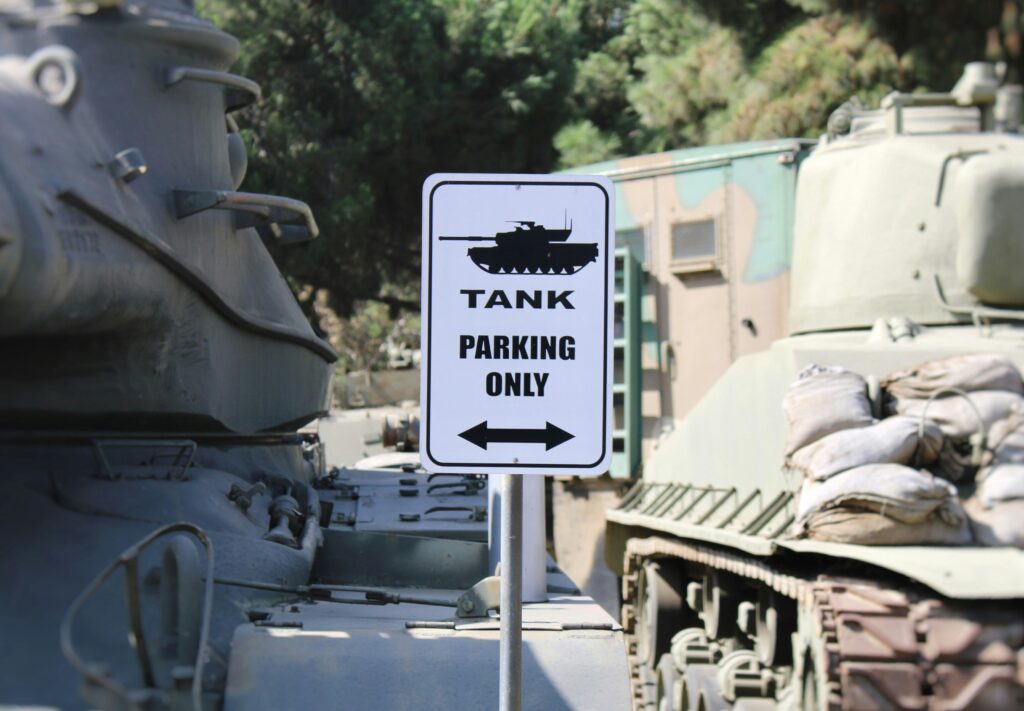
Implementing Storage Safety Measures
Organizing the Storage Area
Maintaining an organized storage area for propane tanks is essential for safety and efficiency. Mark specific areas or shelves for storing the tanks, ensuring that they are kept in an upright position. Clearly label the tanks with their contents and any special handling precautions. By implementing a systematic organization system, it becomes easier to locate and access the tanks as needed while minimizing the risk of accidents or mishandling.
Keeping Tanks Upright and Secure
Propane tanks should always be stored in an upright position. Storing tanks horizontally or at an angle can potentially lead to gas leaks or damage to the valves and fittings. Additionally, make sure that the tanks are securely placed to prevent them from tipping over or falling. You can use specially designed racks or stands to keep the tanks stable and upright. Properly securing the tanks not only ensures their safety but also reduces the risk of accidents or injuries.
Securing Access to the Storage Area
To further enhance safety, it is important to restrict access to the storage area. Propane tanks should only be handled by individuals who are trained and authorized to do so. Lock the storage area or use barriers to prevent unauthorized access. This helps reduce the risk of tampering, theft, or mishandling by inexperienced individuals. By securing access to the storage area, you can maintain control over the handling and storage of propane tanks, ensuring their safety and preventing potential accidents.
Storing Propane Tanks for Long Periods
Emptying and Disconnecting Tanks
If you anticipate storing propane tanks for an extended period, it is recommended to empty them before storage. Use up the remaining fuel or safely release it into a designated container. After emptying, make sure to properly disconnect the tanks from any appliances or equipment. This prevents gas flow and ensures that there are no residual pressures in the tanks, reducing the risk of leaks or accidents during storage.
Properly Sealing and Labeling Tanks
Once the tanks are empty and disconnected, it is important to seal them properly for storage. Cap the valve openings securely to prevent the entry of moisture or debris. Additionally, consider using protective valve covers to further safeguard the tanks. Label the tanks clearly with “EMPTY” or “NOT IN USE” to avoid confusion or accidental usage. Properly sealing and labeling the tanks helps maintain their condition and ensures that they are handled correctly during storage.
Keeping Tanks in a Dry and Cool Area
When storing propane tanks for a prolonged period, it is crucial to select a dry and cool storage area. Moisture can lead to rust and corrosion, weakening the tanks’ structure and potentially causing leaks. Additionally, exposure to excessive heat can negatively impact the integrity of the tanks. Choose a storage location that provides protection from moisture and extreme temperature fluctuations to ensure that the tanks remain in optimal condition during long-term storage.
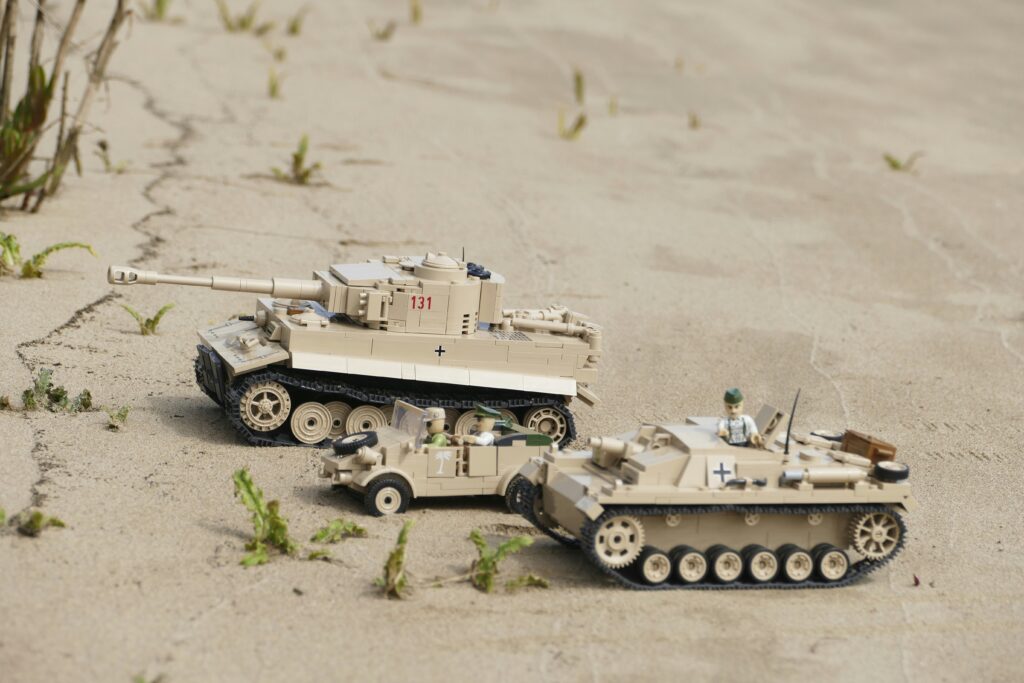
Handling and Disposing of Expired Propane Tanks
Contacting Professional Disposal Services
When your propane tanks reach their expiration dates, it is important to handle their disposal properly. Contact professional disposal services that specialize in handling hazardous materials, including propane tanks. These experts have the knowledge and equipment to safely handle and dispose of expired tanks in compliance with regulations.
Following Local Laws and Regulations
When disposing of propane tanks, it is crucial to follow local laws and regulations regarding hazardous waste disposal. Different regions may have specific requirements or guidelines for the proper disposal of propane tanks. Research and understand the regulations in your area to ensure that you are in compliance and prevent any potential legal or environmental issues.
Checking for Recycling Options
Many propane tanks can be recycled, which is not only environmentally responsible but also helps conserve valuable resources. Contact your local recycling centers or propane suppliers to inquire about recycling options for expired tanks. They can provide guidance on how to prepare the tanks for recycling and where to drop them off. By recycling your expired propane tanks, you contribute to the sustainable management of resources and reduce waste.
Educating Family Members and Fire Pit Users
Teaching Proper Handling and Storage Practices
To ensure the safety of everyone around your fire pit, it is crucial to educate your family members and other individuals who use the fire pit on proper handling and storage practices. Teach them how to safely handle propane tanks, including proper lifting techniques and precautions to prevent leaks or accidents. Educate them about the importance of storing the tanks in designated areas and the potential hazards associated with mishandling or improper storage.
Creating Awareness about Potential Hazards
Make sure to create awareness about the potential hazards related to fire pits and propane tanks. Emphasize the importance of keeping the fire pit area clear of flammable materials and the need to maintain a safe distance between propane tanks and heat sources. Educate everyone about the signs of a potential gas leak and the necessary steps to take in case of an emergency. By raising awareness about the hazards, you can promote a culture of safety and prevent accidents.
Instructing on Emergency Procedures
It is essential to instruct family members and fire pit users on emergency procedures related to propane tank usage. Teach them how to safely shut off the gas supply in case of a leak or emergency. Make sure they know the location and operation of the shut-off valve and the importance of immediately evacuating the area if necessary. By providing clear instructions on how to respond during emergencies, you empower everyone to take prompt and appropriate actions to ensure their safety.
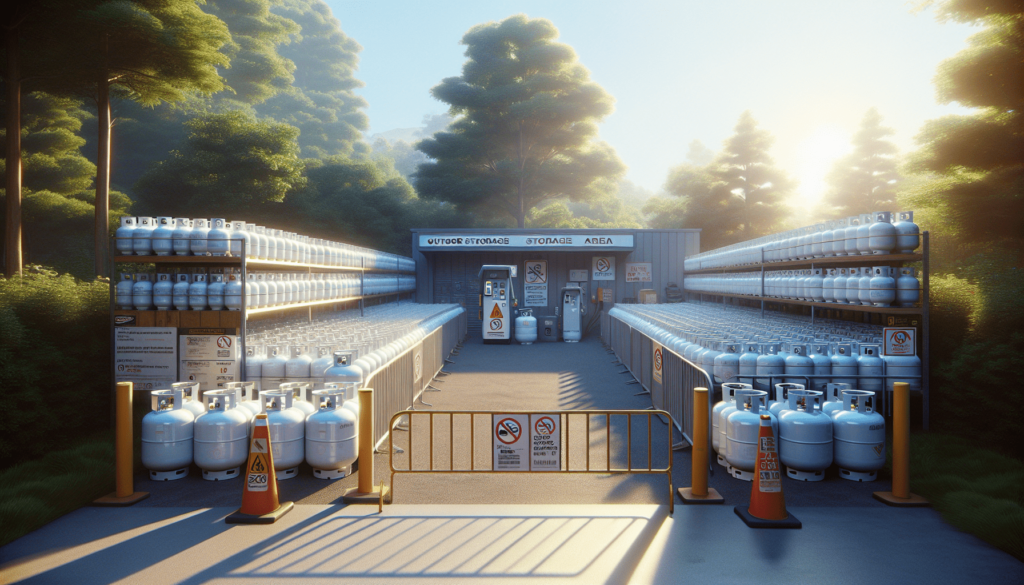
Regular Maintenance and Inspection
Periodic Inspection of Tanks and Storage Area
Regular inspection of both the propane tanks and the storage area is vital for ensuring their continued safety. Inspect the tanks for any signs of damage, corrosion, or leaks. Check the valve connections and fittings for any loose or worn parts. Additionally, inspect the storage area for any potential hazards, such as flammable materials or obstructions to ventilation. By conducting periodic inspections, you can identify and address any issues before they escalate into more significant safety concerns.
Cleaning and Removing Debris
Keeping the tanks and the storage area clean is an important part of maintenance. Remove any debris, dust, or dirt that may accumulate on or around the tanks. Clean the valve openings and fittings to ensure proper operation. Regular cleaning helps prevent corrosion, reduces the risk of obstructions, and enables better air circulation. By maintaining a clean and debris-free environment, you contribute to the overall safety and longevity of the propane tanks.
Maintaining Proper Valve Operation
The valves on propane tanks are crucial for controlling the flow of gas and ensuring safety. Regularly check the valves for proper operation. Make sure they open and close smoothly without any signs of stiffness or resistance. If you notice any issues, such as difficulty in turning the valve or gas leaking from the valve area, contact a certified technician for immediate assistance. Proper valve operation is essential for preventing leaks and maintaining the safety of the propane tanks.
Seeking Professional Assistance
Consulting Certified Technicians
If you have any concerns or questions regarding the storage or handling of propane tanks, it is always recommended to consult certified technicians. These professionals have the expertise and knowledge to provide accurate and reliable information on propane tank safety. Whether you are unsure about proper storage practices, need assistance with maintenance, or have specific concerns, certified technicians can offer guidance and ensure that you are following the best practices for propane tank safety.
Requesting Expert Advice
In addition to consulting certified technicians, you can also seek expert advice from professionals in the field of propane storage and usage. Contact your propane supplier or local fire department to inquire about expert advice and recommendations. These experts can provide valuable insights into safety measures specific to your location or the type of fire pit you are using. By seeking expert advice, you gain access to specialized knowledge that helps you make informed decisions regarding propane tank safety.
Attending Safety Training Sessions
To further enhance your knowledge and understanding of propane tank safety, consider attending safety training sessions or workshops. These sessions are often offered by local fire departments, propane suppliers, or other safety organizations. Safety training provides hands-on demonstrations, practical tips, and the opportunity to learn from experienced professionals. By attending these training sessions, you can improve your skills, stay updated on the latest safety practices, and ensure the highest level of safety when handling and storing propane tanks.
In conclusion, choosing the right location for storing propane tanks, proper handling and transportation, maintaining ventilation and air circulation, ensuring propane tank safety, implementing storage safety measures, storing tanks for long periods, handling and disposing of expired tanks, educating family members and fire pit users, regular maintenance and inspection, and seeking professional assistance are all crucial aspects of storing propane tanks for a fire pit. By following these best practices, you can ensure the safety of yourself, your family, and anyone who enjoys the warmth and ambiance of your fire pit. Stay safe, stay informed, and enjoy the benefits of propane without compromising on safety.
